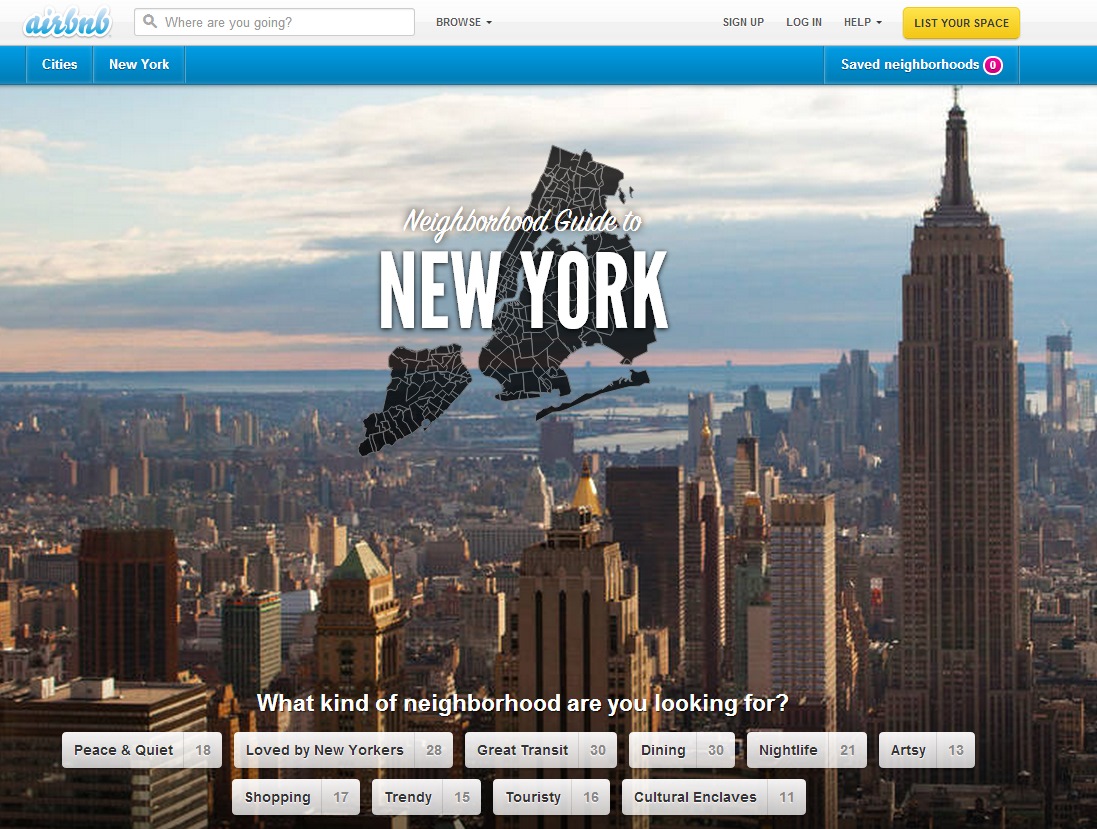Asprey to Banyan Tree, Chanel to Dom Pérignon … “luxury” brands have enjoyed a charmed life, sustained by heritage and reputation, exclusivity and elitism.
Yet the tectonic shifts in markets, globally connected and digitally enabled, are creating a rapid change in consumer attitudes, and the strategies of brands. Economic downturn was the crying pain of a changing world, the rise of new metropolises of affluence, and the fall of geographical boundaries and socio-economic stereotypes.
Back in 2008, Lehman Brothers crashed to the ground on the same day that Stefani Germanotta launched her Fame Monster. Old institutions were left disoriented or dead, whilst Lady Gaga used the power of social media to disrupt our minds. It marked a shift to a new order for brands and aspirations, as well as economics and geopolitics.
More billionaires now live in Moscow, Hong Kong, and Shanghai than in New York, London and Paris. Consumers trust friends rather than instuitions or even brands, and word of mouth trumps the best advertising. Google searches on our smartphones influence our choices further, whilst wearable tech and personal data mean we expect any product to do much more.
Today there is a new “game” of luxury being shaped by a young generation of brands that capture the changing zeitgeist, whilst the old luxury stables of Paris and Geneva hang on to their heritage. As consumers reprioritize what they value most, so the concept of “luxury” changes. In general, time matters more, materialism matters less. Add happiness, authenticity, friendship, even mindfulness too. We are more emotional, more human, more collaborative, but also more different.
Airbnb, for example, offer some of the most amazing, individual and inspiring places to stay: a spacious loft in downtown Soho with a kitchen too, rather than a gilded hotel room on a side street near Times Square. Or try out the Tesla Roadster, the car that accelerates faster than a Lamborgini, then continues to drive 500 km powered only by sunshine - far more inspiring than a gas-guzzling status symbol of a forgotten era.

The jet-set of today, aspire to new values, new role models and new brands. Cool is to be like people like you, not a fake celebrity model. They are more likely to rent a NetJet anywhere anytime than to own their own, more likely to carry Tumi luggage than Louis Vuitton, more likely to enjoy a visit to Starbucks Reserve than have tea at the Ritz.
On the streets of fast-growth (no longer, simply emerging) markets from Abu Dhabi to Seoul, brands have moved from external badges of progress, to internal measures of confidence. No longer is it traditional western brands that prevail, new global brands have emerged, whilst smaller local brands are becoming aspirational too.
Hermes, for example, created the luxurious Shang Xai brand to capture the modern aspiration of Asian living, with beautiful stores, the most popular of which is now in Paris. At the same time, brands previously considered more functional, like Barbour, have become the new luxury. Not bad for a small factory based in North Shields.

In my new book “Gamechangers” I profile 100 brands who are shaking up every market, some of them luxury, others not. They are disruptive innovators, not necessarily the biggest, but the ones who are changing things … Aeromobil’s flying cars to Zespri’s kiwi fruit, Aeroshot’s zero calorie space food to Zidisha peer to peer finance, Azuri Tech’s solar energy and Zipcars’ car rentals by the minute.
Gamechangers rethink brands as ideas that shape people’s lives - more relevant, more inspiring. More responsible too, forces for good that can in some way make the world a better place. Brands used to signify ownership – Tiffany & Co, Dolce and Gabbana – they were about the identity and ego of the company and product. The best brands today are about the consumer – about what they seek, and aspire to. Redefining brands around people gives a business space to innovate in broader and deeper ways.
Harley Davidson is much more than a bike … “a 50 year old leather-clad accountant ready to roar through small towns” … which is why Harley Holidays is their most profitable business. Nike is all about performing better and together, shoes and clothing plus technology and social events. Disney’s $1billion investment in MyMagic wristbands seeks to transform dreams, whilst Apple’s Watch is about far more than time, focusing on personal wellbeing and effectiveness to cast its own magic.

Innovation goes far beyond the product, or even the business, seeking to shape markets in their own vision. Gamechangers redefine their space, and rewrite the rules. They redefine aspirations, and rewrite price points. They change the way the market works – who, why, what and how. Innovation is as much about the business model and consumer application, as aesthetic product design and emotional style.
Gamechanger brands are ambitious, even audacious. As they say at Google X, the moonshot factory creating future concepts like driverless cars and free global wifi, “Why be 10% better, when you could be 10 times better?”
The implication for luxury markets is that the traditional hierarchical levels that defined it are dissolving rapidly. The implication for luxury brands is that the premise on which they have sustained that status is eroding. Like the Swatch watch challenged the venerable Swiss watch industry, on concept as much as price, so new alternatives are challenging the luxury space in every category. Luxury of course is a perception, whilst some brands like Apple, can be both luxury and for everyone.
Rapha, the cyclewear brand, with price tags typically 3-400% more than most of their competitors, is a great role model for today’s luxury. Cycle enthusiasts, most of them wealthy and middle aged, don’t choose the brand just because of its clothing quality, but because of its Cycle Clubs – branded stores that are also coffee shops, with rolling video of the latest Tour race, and showers to get changed and go for a ride together. Rapha is loved by its niche audience, it connects with their passion, bringing like minded people together, and it enables them to indulge that passion over a coffee or out on the road.
The new game of luxury is about vision and innovation, making sense of changing markets, and shaping them to your advantage. It is about people, their emotions and aspirations, connecting them and enabling them to achieve more. Across these new market landscapes, there are diverse consumers seeking richer and more relevant brand experiences. In the “Gamechangers” book we define the 10 building blocks of a 21st century brand - rethinking strategy, innovation and marketing – together with a roadmap through which new and old “luxury” brands can grow and succeed.
Peter Fisk is a global thought leader in strategy, innovation and marketing. Starting his career as a nuclear physicist, he went on to work for and with many of the world’s leading brands – from Concorde to Coca Cola, Red Bull and Santander, Virgin and Vodafone. He is founder and CEO of GeniusWorks, the London-based strategy and innovation consulting firm, and visiting professor at IE Business School in Madrid. He has authored 7 books including “Marketing Genius” which has been translated into 35 languages, and and is included in the Thinkers 50 Guru Radar of the best business thinkers. He is an inspiring keynote speaker, highly experienced facilitator and practical coach. Find out more at www.theGeniusWorks.com
His new book “Gamechangers: Creating Innovative Strategies for Business and Brands” explores the world’s 100 most disruptive innovators, and then interprets 10 paradigms for success in today’s business world. From enlightended vision to finding new markets, bolder brands and innovative business models, new customer agendas and enabling experiences, realtime marketing and social movements, inspiring leadership to deliver more profitable growth. It includes 16 practical one page canvases, workshops and executive programs. Explore more about the book at www.Gamechangers.pro [email protected] theGeniusWorks.com
